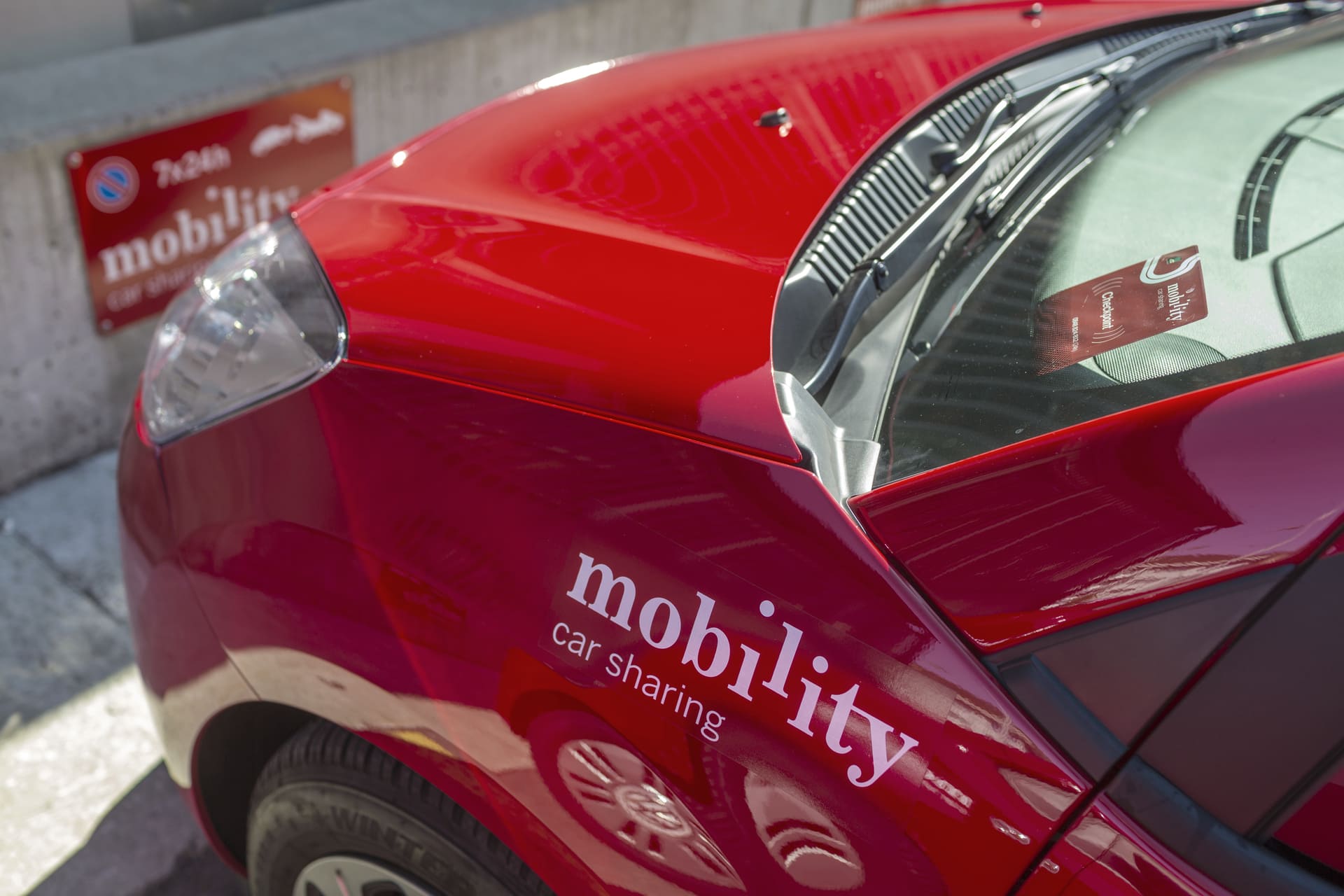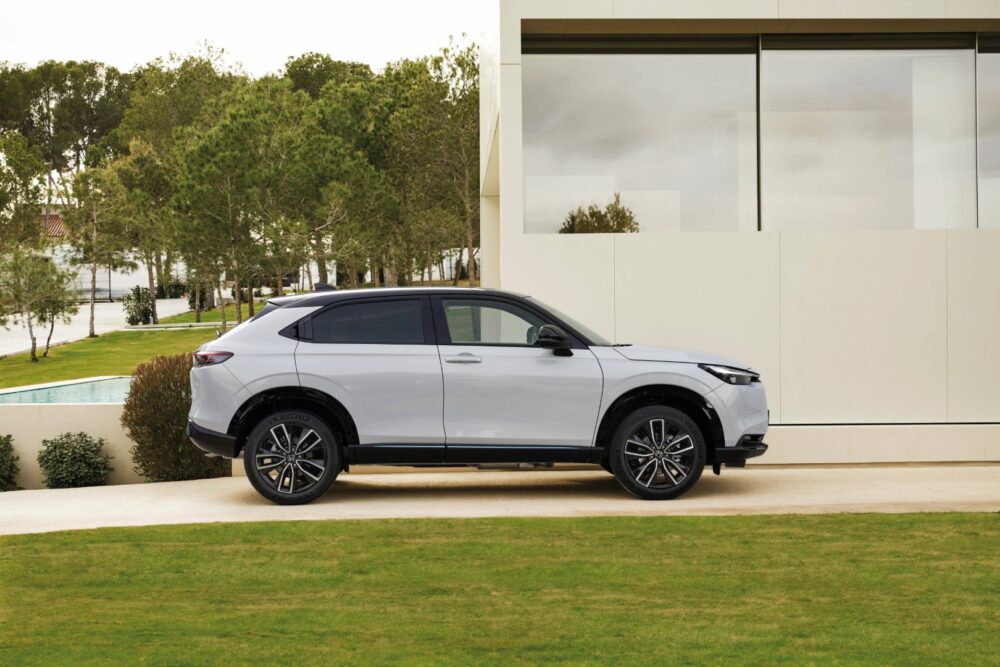Mobility replaces 700 diesel vehicles with gasoline-powered ones
MOBILITY Since it is currently unclear how much nitrogen oxide diesel engines actually emit, the car-sharing provider is gradually replacing 700 diesel vehicles with gasoline-powered ones starting in the spring. It sees legislation as well as manufacturers as having a duty to ensure transparency as quickly as possible. "We only include vehicles in our fleet that are as energy-efficient as possible," explains Mobility communications manager Patrick Eigenmann. All the more shocking [...].

"We only include vehicles in our fleet that are as energy-efficient as possible," explains Patrick Eigenmann, Mobility's communications manager. The company finds it all the more disturbing that it is currently completely unclear how much nitrogen oxide small-displacement diesel engines actually emit. "Experts assume a multiple of the manufacturer's data, but unfortunately there is no reliable information. That's why, as a first step, we're deciding to gradually replace 700 diesel cars with gasoline cars in the economy category." This corresponds to just under a quarter of the entire Mobility fleet.
The dilemma: the more gasoline, the more CO2
The fact that Mobility is increasing the proportion of gasoline-powered cars puts the cooperative in a dilemma: Although gasoline-powered cars emit less nitrogen oxide than diesel vehicles, they also emit more CO2. "It will therefore be more difficult for us to achieve the federal government's CO2 targets," Eigenmann knows. On the basis of current manufacturer specifications, Mobility would still be in a position to do so, but as soon as new test procedures such as the WLTP test are introduced that show more realistic values, "the federal government will probably be called upon to adjust its specifications downward," he says. In general, Mobility welcomes all measures on the part of legislation and manufacturers that serve to determine more transparent, more realistic emission values.
Diesel engine under general suspicion?
At first glance, the report gives the impression that Mobility is placing the diesel engine under general suspicion. But Andreas Burgener (Director auto-schweiz) puts it into perspective when asked by AutoSprintCH: "Basically, Mobility has to renew its fleet anyway. Most of the cars to be replaced are Euro 4 and Euro 5 vehicles, which will be replaced by more economical Euro 6 vehicles. And especially in the small displacements we're talking about here, the fuel consumption of diesels and gasoline engines is not far apart. And since diesel versions are more expensive to buy, the decision in favor of a gasoline engine or hybrid is understandable from a business point of view. Nevertheless, we need the diesel engine to achieve the CO2 limits. As far as nitrogen oxide emissions are concerned, a complex chemical plant is behind the diesel engine for exhaust gas purification. According to EU approval conditions, a diesel is allowed to reduce its cleaning performance at very low and very high temperatures and at high power requirements (full throttle) in order to protect the engine. So it all depends on the temperatures at which the nitrogen oxide emissions of the engines are measured and compared. In this context, one also speaks of the so-called thermal window."










